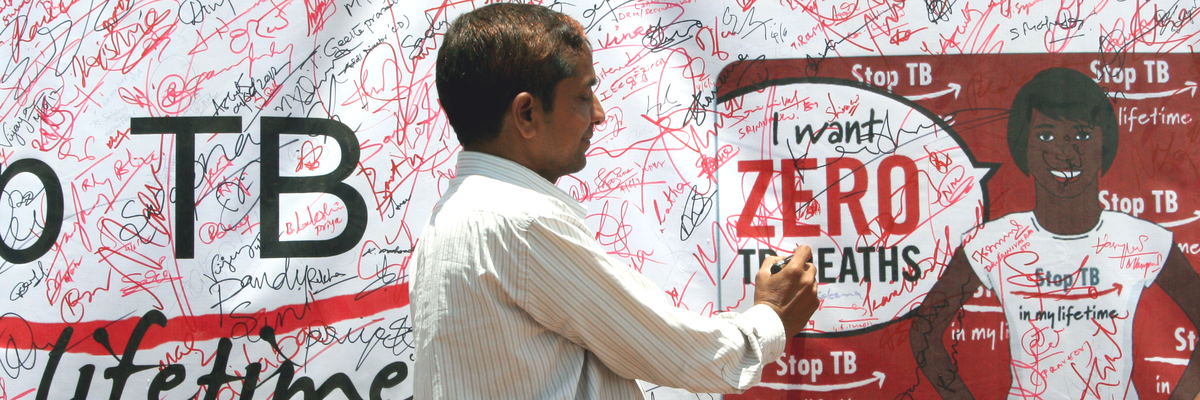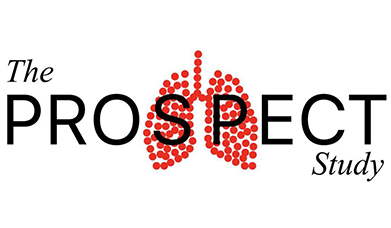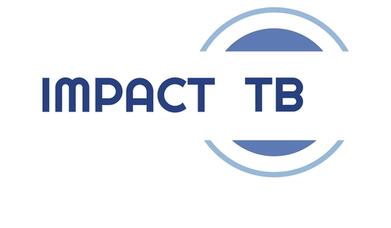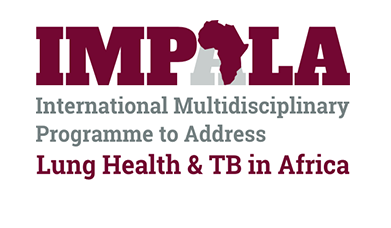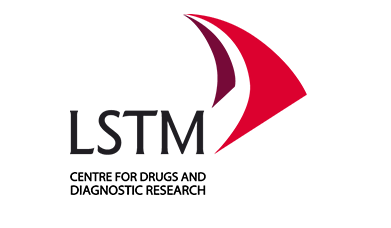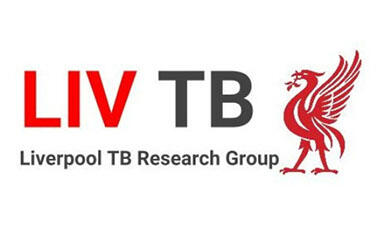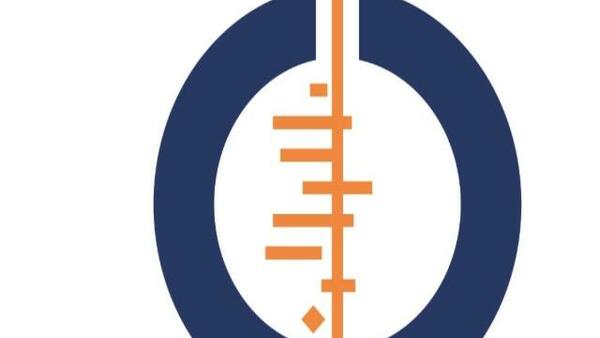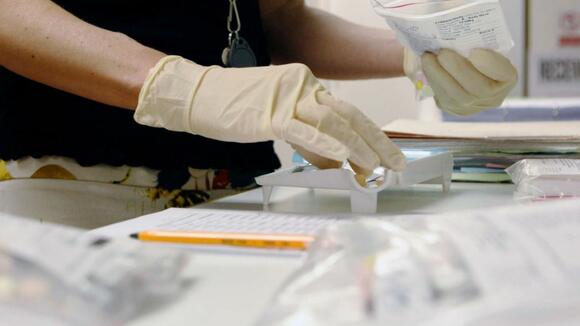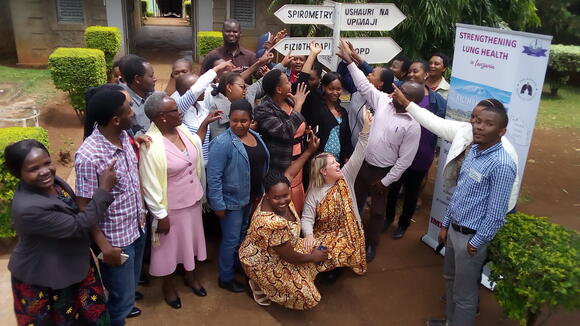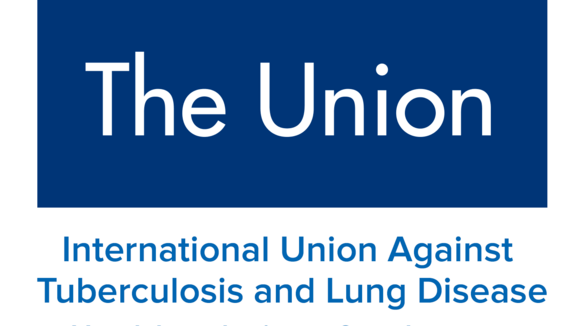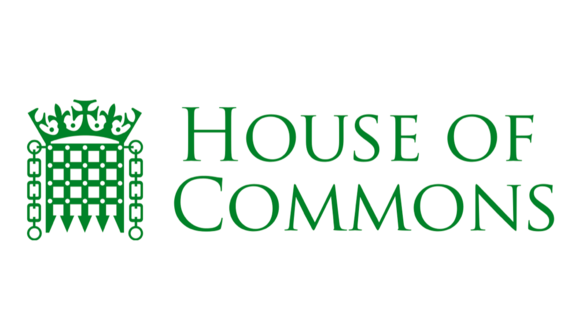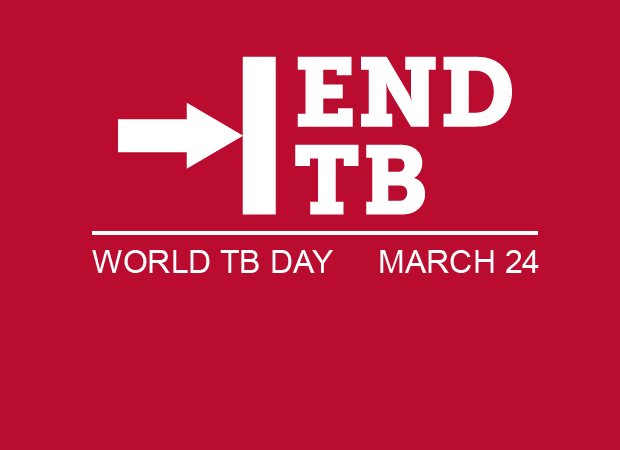
World TB Day is the annual reminder that tuberculosis (TB) is still the leading infectious disease threat in the world, killing more people than HIV/AIDS and malaria combined (WHO).
World TB Day is also a grim reminder that tuberculosis disproportionately affects those who live in lower and middle Income settings facing difficult conditions with lack of access to health care, poverty, social exclusion or substandard living conditions such as prisons. The rapid rise of various forms of drug resistant TB make the epidemic even more complex. Even after successful treatment, patients are often left with chronic lung damage.
Despite some progress, people routinely face challenges in accessing care and, even in contexts where treatment is free, the costs related to diagnosis and transport – not to mention lost wages during treatment – are borne by the patients and their immediate family and contribute to the cycle of poverty.
LSTM wants to break the cycle of poor health and poverty and therefore our research covers the full spectrum of the complex, often poverty driven, global problems around tuberculosis, chronic lung diseases and respiratory infection, aiming to reduce infection, improve prevention and optimise treatments.
Our research takes a holistic, person-centred perspective, recognising that men and women, boys and girls experience a heavy burden of lung disease which manifests with a range of symptoms including as disabling coughing, breathlessness, and wheezing. The causes of these problems are complex, very often rooted in poverty and even gender bias and include infections such as Mycobacterium tuberculosis and Streptococcus pneumonia, and non-communicable conditions such as asthma and chronic obstructive pulmonary disease.
The solutions require multi-disciplinary collaborations aimed at both prevention and management of the full spectrum of communicable and non-communicable lung conditions.
Over the past few years LSTM is emerging as a leading research centre that covers all the stages of the translational research cycle: from discovery through to delivery, evaluation and then further discovery and improvement.
Below is an overview of the interdisciplinary research conducted by LSTM scientists in all these 4 stages.
Their ultimate aim is to develop products such as drugs and diagnostic tools; improve therapeutic treatments and practices and implement improved policies. This culmination of expertise will play its part in achieving the main objective of the End TB Strategy: to end the global TB epidemic, with targets to reduce TB deaths by 95% and to cut new cases by 90% between 2015 and 2035, and to ensure that no family is burdened with catastrophic expenses due to TB.
The Cochrane Infectious Diseases Group
The Cochrane Infectious Diseases Group (CIDG), which has its editorial base at LSTM, helps prepare systematic reviews related to the diagnosis and treatment of tuberculosis. Ahead of World TB Day, this week welcomes the publication of a Special Collection on the Cochrane Library that tracks the development of exciting new diagnostic tests for tuberculosis and provides a narrative over the last 10 years of how systematic reviews, many of them Cochrane Reviews, have helped informed investment in diagnostics in low- and middle-income countries.
